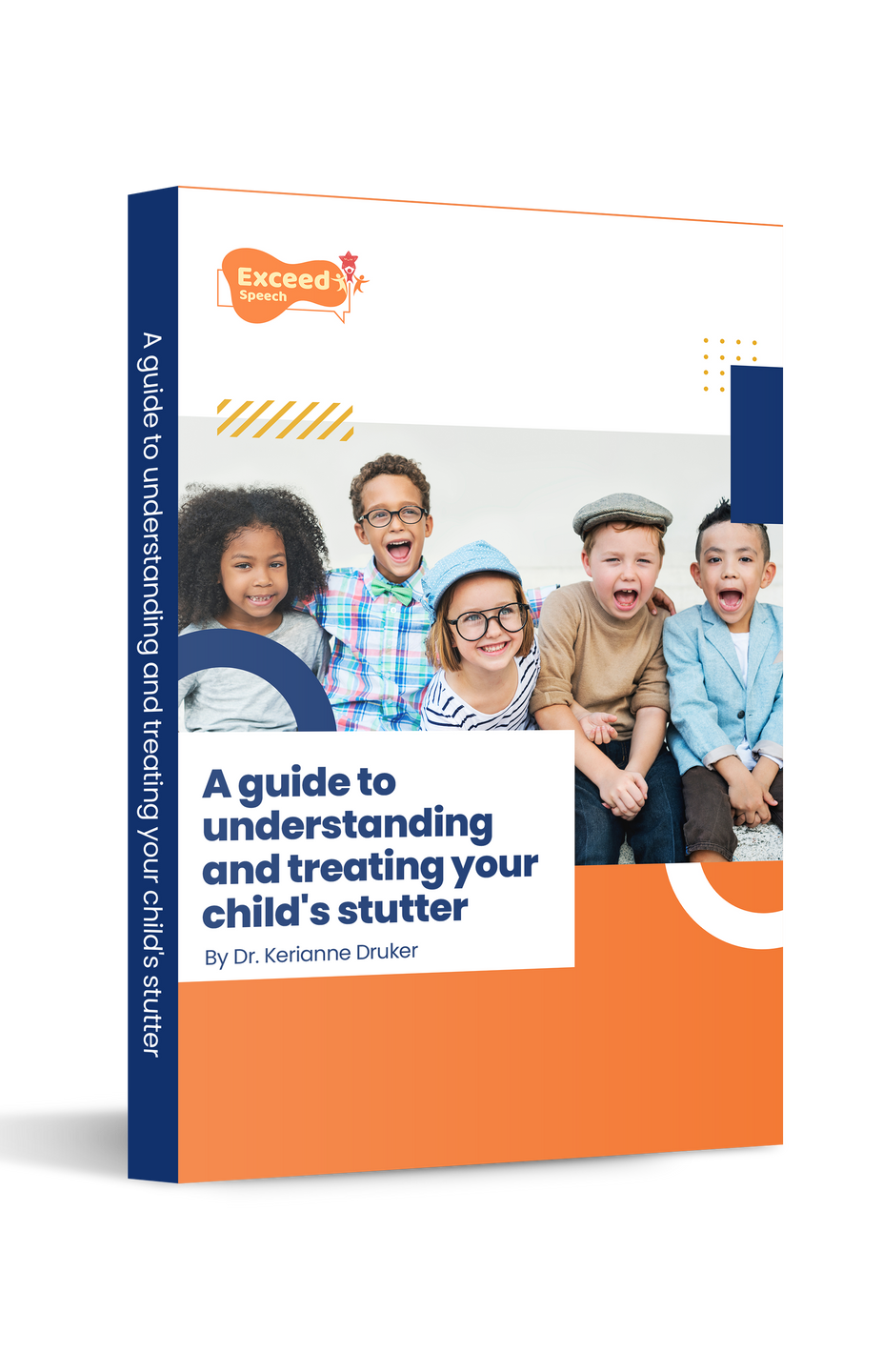Robust Theme
Dec 09, 2019 2020-04-08 7:40Robust Theme
Should my child’s speech be clearer than it is?

I wonder why I’m the only one who can fully understand my child when they speak?
I feel like I often/always need to act as an “interpreter” when my child speaks to others, especially with people they are less familiar with.
My child speaks like a young “toddler” but I wonder if this should be improving by now?
My child often leaves some sounds off words, or swaps out some sounds - I wonder if this is normal or not?
These are some of the thoughts and questions that regularly run through parents’ heads, for parents of children with speech delay or even speech disorder. Confusingly, these questions can still run through the heads of parents with children who have speech developing at a typical level - as younger children’s speech does naturally becomes clearer over time…and speech errors are, in fact, a natural part of a child’s development (in many cases). This is why it can be very hard to determine if, and when, to access support.
When to know if my child’s speech clarity is below where it is expected to be:
It can often be confusing to know when to act, to provide support to your child with speech clarity difficulties, or difficulty with some speech sounds.
A rough guide can be used to help assess your child’s general speech. Speech errors are still expected in children’s speech at 4 or even 5 years old - but this guide can help objectively reflect on your child’s overall speech clarity, which is often a very good benchmark for whether your child may or may not benefit from speech therapy to support their speech sounds and speech clarity.
- By the age of 2 years, a less familiar adult should be able to understand 50% of your toddler’s speech
- By the age of 3 years, a less familiar adult should understand 75% of your toddler’s speech
- By 4 years old, a child’s speech should be 100% understandable to others.
How can speech therapy help improve my child’s speech clarity?
A speech pathologist will first conduct an assessment to see which sounds your child can and cannot produce, in single words and in more casual conversation. You will then find out exactly which speech sound issues are age appropriate, and which need to be improved with speech therapy.
Children’s target speech sounds will be practised by themselves, in words, phrases, sentences, and in conversation - to ensure the child is ultimately able to produce all targeted sounds spontaneously in conversation. This is done through lots of games and fun activities, with lots of positive reinforcement and rewards throughout the process.
Early intervention is so powerful – both to have the best therapy outcomes, and to minimise the possible negative long-term impacts of having speech sound difficulties. Get in touch with Dr Kerianne Druker now to work out how to best support your child’s speech development.

Free eBook
A guide to understanding and treating your child’s stutter
Take a sneak peak of what the Stuttering Toolkit has to offer, and learn about the treatment principles that have proven successful for more than 90% of children who stutter.
Get Free eBook

